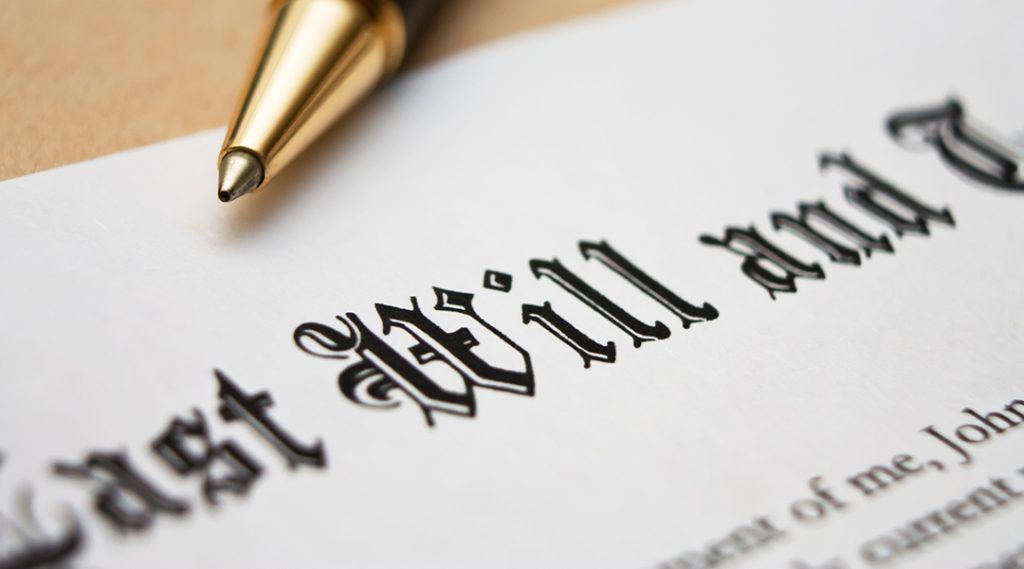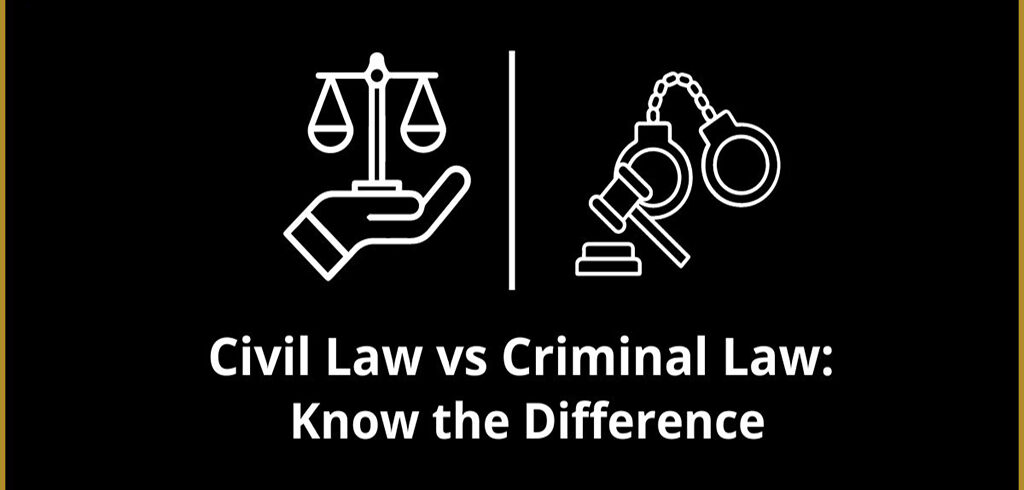
Every country has its very own sets of laws on intestacy or intestate succession and inheritance. There are laws govern Thai will or determine for legal heirs within the event that the source of the inheritance passed away without a will. In Thailand, the provisions of the Thai Civil and commercial Code will govern in the event someone died without an executed will to explain how the assets can be disbursed among heirs.
What is the Estate Succession in Thailand?
The entire estate of a deceased man or woman, additionally referred to as a decedent, who has not completed a last will, will be allotted to his or her statutory heirs. The legal guidelines on intestate succession can also apply when the testator made a will but did not eliminate all his or her properties, wherein which the remaining assets which were no longer included inside the will shall additionally be dispensed to the statutory heirs in keeping with Thai laws.
If someone is married, the surviving partner is likewise considered a statutory heir and the percentage of the surviving spouse relies upon on who she/he concurs. If the testator or the decedent left numerous wives who acquired their legal status previous to the effectivity of the Thai Civil and commercial Code, all of the wives shall inherit equally. however, as between the other halves, the number one wife is entitled to one share while the secondary wife can best claim ½ of the percentage to which she is entitled.
Under Thai laws, the statutory heirs of the same class shall be entitled to equal shares. If there is only one surviving parent, the parent receives the entire portion of the allotted asset. If there are three brothers and sisters of full blood, the percentage to which they’re entitled to might be divided into three parts.
The surviving partner shall be entitled to her proportion according with the following:
If the decedent left a spouse and kids, the partner is entitled to 50% of the estate and the children are entitled to the closing 50% which will be similarly allotted among the kids.
If the decedent left his partner and parents, the spouse is entitled to 50% and the parents to the alternative 50%;
If the decedent left his spouse and his brothers and sisters of complete blood, the partner is entitled to 50% and the opposite 50% is going to his brothers and sisters;
If the decedent left his spouse and brothers and sisters of full blood, grandparents, uncles and aunts, then the spouse will inherit 2/3s of the property and the final heirs may be entitled to the opposite 1/3 in order to be divided in same shares among them. The surviving spouse takes the whole estate within the absence of any other statutory heir.
Underneath section 1627 of the Thai Inheritance laws, “an illegitimate child who has been legitimated by his father and an adopted child are deemed to be descendants within the same way as legitimate children in the meaning of this Code.”
There are six classes of statutory heirs in Thailand, and they are entitled to inherit in the following order:
Descendants
Parents
Brothers and sisters of full blood
Brothers and sisters of 1/2 blood
Grandfathers and Grandmothers
Uncles and Aunts
Surviving spouse(s)
If you need a Phuket Lawyer for cases like this or setting up business, handle property and real estate or even immigration cases, don’t hesitate to contact us at HWAL International Law Firm! We will be glad to review your case and provide solutions!





